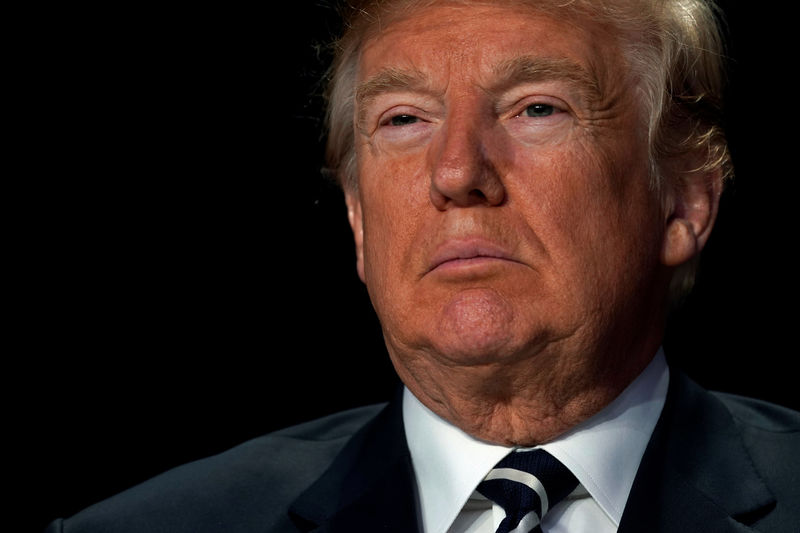By Scott Malone
(Reuters) - The mayors of big American cities, a largely Democratic bunch, love parades, but few are lining up to host the Bastille Day-style military display that Republican President Donald Trump has asked the Pentagon to prepare.
The mayors of New York, Chicago and Philadelphia, all Democrats, rejected the idea of columns of soldiers and armored vehicles on their streets, a day after U.S. Defense Secretary Jim Mattis left open the possibility of staging the event outside of Washington, which also bristled at the idea.
Reflecting the charged partisan environment, the Republican mayor of Fort Worth, Texas, said she would gladly host.
Eric Phillips, a spokesman for New York Mayor Bill De Blasio, said, "A dollar wasted stroking our president's ego is a dollar that could be spent helping our veterans."
The morning after hundreds of thousands of people poured into Philadelphia for a parade celebrating the Eagles football team's first Super Bowl win, Mayor Jim Kenney also rejected the idea.
"The president has spent the past year threatening to cut critical public safety funding for cities ... so, no, we would not be interested," said Mike Dunn, a spokesman.
All three cities already host annual Veterans Day celebrations in November honoring former members of the military.
Of the 20 largest U.S. cities, just three have Republican mayors: San Diego, Jacksonville, Florida; and Fort Worth.
Fort Worth Mayor Betsy Price said her city would eagerly take the parade if offered.
"Fort Worth is one of the most military-friendly cities in the nation and would be honored to host," Price said.
San Diego's Kevin Faulconer and Jacksonville's Lenny Curry, also Republican, declined to comment.
Trump said he wanted a military parade after viewing France's annual display of its armed might on Bastille Day in Paris last July. The last such parade in Washington was held in 1991 to celebrate the end of a U.S. Gulf War victory under Republican President George H.W. Bush.
Mayors are not alone in resisting Trump's idea: A poll of recent war veterans by the Iraq and Afghanistan Veterans of America showed 57 percent of 4,615 respondents strongly opposed, with 15 percent strongly supporting. Half that group's members voted for Trump, according to a member survey.
They worry about the military being used as a tool for political gain, said Paul Rieckhoff, an Iraq War veteran and founder of the group.
"It doesn't seem like they would support the idea anywhere, but it would definitely feel less political if it were outside of D.C.," Rieckhoff said.

He added that there were nonpolitical reasons to oppose the idea: "The logistics of running an M1 Abrams tank down Pennsylvania Avenue are tricky. You'll want to have a paving machine behind it because the street's going to be destroyed."